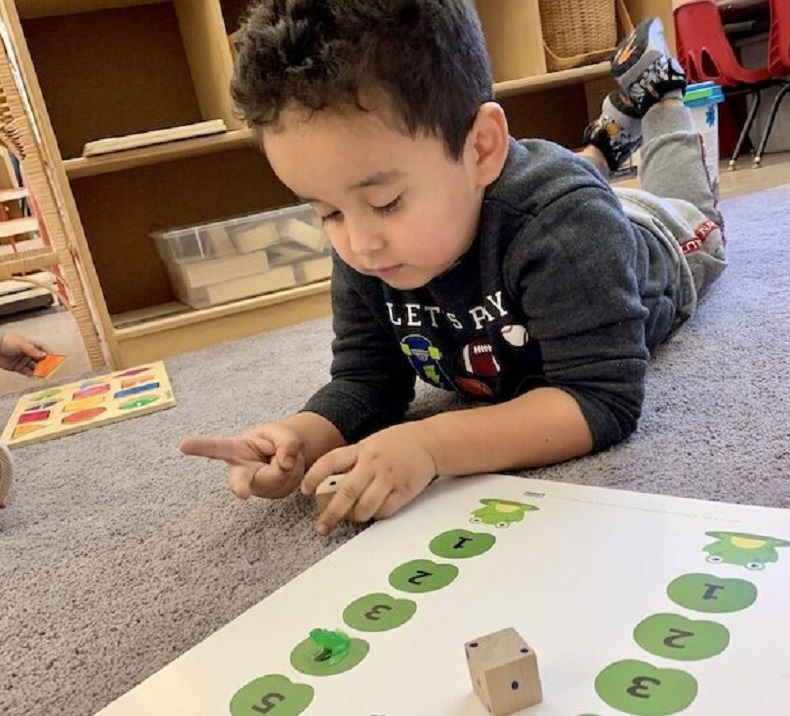Mastery Motivation
By Jessica Young and Kristen Reed
What is Mastery Motivation?
Mastery motivation is persistence at mastering challenging tasks or activities.
Two preschoolers are attempting to solve a challenging puzzle task. One child makes a mistake but continues to attempt to solve the problem; the other child makes a mistake and gives up. In early childhood, persistence at mastering challenging tasks is known as mastery motivation, and plays a key role in promoting learning and mathematics achievement (Turner & Johnson, 2003), particularly for young children at risk (Berhenke, et al., 2011). Early childhood educators and families can promote children’s mastery motivation and persistence at challenging tasks.
What is Mastery Motivation?
Mastery motivation is persistence at mastering challenging tasks or activities.
Two preschoolers are attempting to solve a challenging puzzle task. One child makes a mistake but continues to attempt to solve the problem; the other child makes a mistake and gives up. In early childhood, persistence at mastering challenging tasks is known as mastery motivation, and plays a key role in promoting learning and mathematics achievement (Turner & Johnson, 2003), particularly for young children at risk (Berhenke, et al., 2011). Early childhood educators and families can promote children’s mastery motivation and persistence at challenging tasks.




